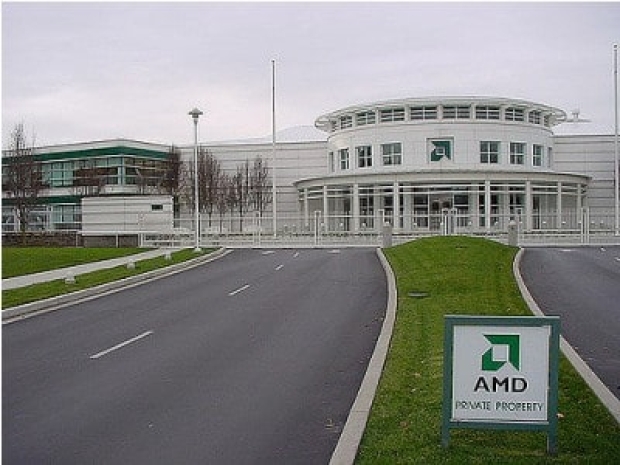The Instinct MI308 is widely viewed as AMD’s answer to Nvidia’s H20 accelerator, designed to comply with Washington’s mercurial export controls. While Nvidia’s Blackwell and H20 chips are still waiting for approval, AMD’s Lisa Su said the company now has “certainty” about what it can legally sell to Chinese customers.
Su told analysts: “It’s still a pretty dynamic situation with MI308. That’s the reason that we did not include any MI308 revenue in the Q4 guide. We have received some licenses for MI308, so we’re appreciative of the administration supporting some licenses for MI308. We’re still working with our customers on the demand environment and sort of what the overall opportunity is.”
The company’s caution means MI308 sales will not appear in AMD’s fourth-quarter guidance, though the approval is a diplomatic and commercial win. With Nvidia barred from exporting its top-end AI chips and facing increasing resistance from Chinese authorities, AMD’s position looks slightly more favourable, though “slightly” may be doing a lot of heavy lifting.
The specifications of the MI308 remain under wraps, but sources suggest it will match Nvidia’s H20 in performance while staying within the limits of US export restrictions. The chip is part of AMD’s Instinct range, built to feed the global hunger for AI computing without provoking Washington’s ire.
Still, the Chinese market remains a minefield. Beijing is prioritising domestic chip production and homegrown AI models, leaving both AMD and Nvidia on the sidelines unless relations thaw.
However, it does appear that AMD has managed to slip through a regulatory crack that its rival cannot, and that could be enough to score some early design wins while the competition waits for permission to play.




